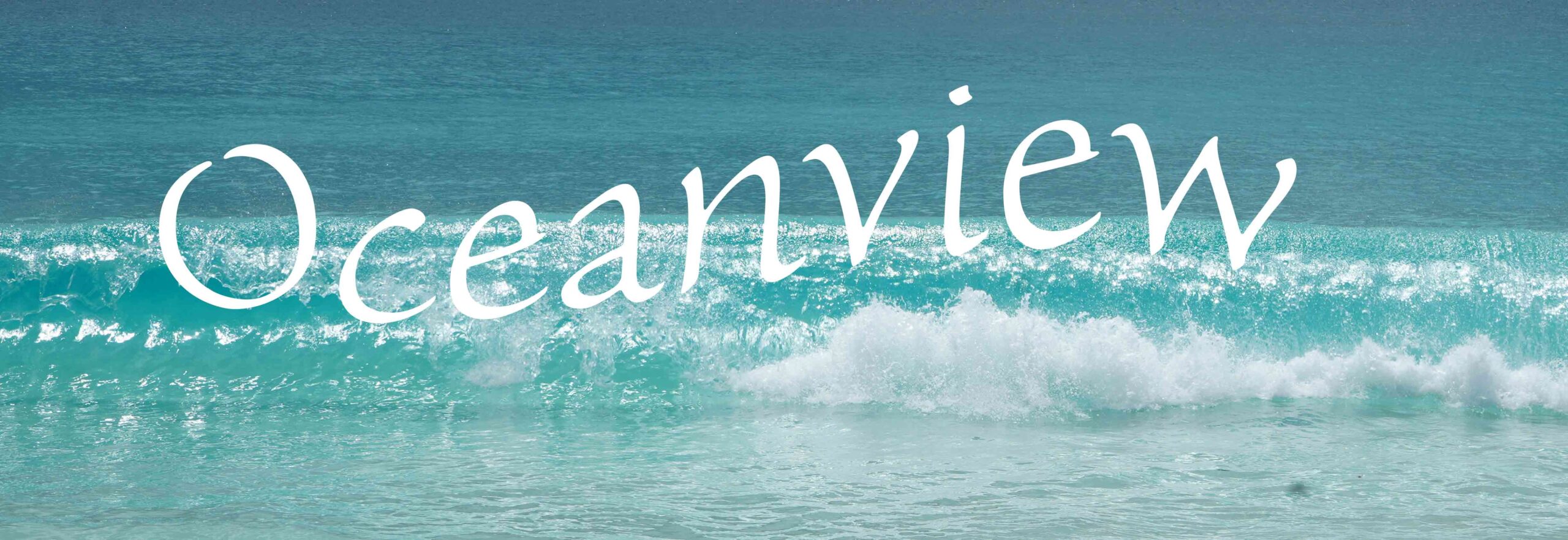Galapagos is a paradise for snorkeling and diving, and the plentiful sea lions, tortoises and marine iguanas have been a delight to watch. But what has been surprising for me is how sparse the bird life is on the islands. It’s not due to bird flu; I’ve asked several naturalists about it and they said only two of the smaller islands have been impacted, and that this is the normal bird population.
Walking along Tortuga Bay, a stunningly beautiful beach on Santa Cruz Island, I spot a few brown pelicans, and an occasional frigatebird soaring overhead. No gulls, no plovers, no sanderlings. A mile-long inland walkway to the beach had only a few mockingbirds and a handful of finches.
I had read so much about Galapagos bird life, starting with the famous Darwin’s finches that were the inspiration for his theory of natural selection and evolution. It’s true that there are dozens of species that are found only in the Galapagos. But many of those are rare, or live in highly restricted areas. After 3 weeks on 7 islands, I have seen only a dozen species that were new to me, and some of those were only 1 or 2 birds (numbers in parentheses refer to number of individuals seen). The good news is I was able to get good pictures of all of them, which rarely happens!
- Blue-footed Booby (common throughout)
- Red-footed Booby (one colony off shore)
- Nazca Booby (3)
- Elliott’s Storm Petrel (common)
- Lava Gull (5)
- Dark-billed Cuckoo (1)
- Green Warbler-Finch (1)
- Ground Finch (common, may be multiple species, hard to ID)
- Cactus Finch (common, may be multiple species, hard to ID)
- Galapagos Penguin
- Vermilion Flycatcher (2)
- Galapagos Dove (1)












Technically, there are 5 others that I can add to my bird life list. They are close relatives of birds I’ve seen in other places, but they have been separated from thair mainland counterparts for so long that they no longer interbreed, so are considered a separate species:
- Brown Pelican (Galapagos) (common everywhere)
- Mockingbird (Galapagos) (common everywhere)
- Mockingbird (San Cristobal)
- Yellow Warbler (Galapagos)
- Galapagos Flycatcher





And there were some birds that were already on my life list. The first two were common, the rest were occasional sightings only:
- Smooth-billed Ani (common)
- Magnificent Frigatebird (common)
- Great Frigatebird (sometimes hard to differentiate from Magnificent)
- Black-necked Stilt
- Whimbrel (1)
- Brown Noddy (2)
- American Oystercatcher (3)
- Striated Heron
- Black-bellied Plover (2)
- Great Blue Heron (1)
- Great Egret (2)
- Yellow-crowned Night Heron (1)
- Royal Tern (1)









Lucky for me, my target bird–the bird I most wanted to see, blue-footed booby–was on almost every island, so I consider this mission a success!

13 responses to “Galapagos Birding”
LOL 🙂 I meant that I keep re-viewing and re-enjoying the post, but it does work both ways! 🙂 LOL
So thrilled for you! Such a great variety of species. Photos are all superb, keep re-viewing
this post and re-enjoying!
I do! That’s one of the things I enjoy about doing a blog.
“The good news is I was able to get good pictures of all of them, which rarely happens!”
They were accommodating to make up for the Bird Island fail.
Ha ha ha, I do think you may be right about that! And I appreciate their efforts.
loved looking at these pictures!!!!!!
Thanks for being such an appreciative audience, dear Shannon.
Mission accomplished and so pleased for you to have been able to tick them off you list.
I love ticking birds off my list.
You can publish a field guide to birds of the Galapagos.
I wish! I would love nothing more than to spend a year in the Galapagos, taking pictures and writing about birds. Unfortunately, several people have already beat me to that project.
Yippee
That’s usually what I sound like when I see a new bird!